detail profile waldir onofre
Peran Yang Di Mainkan Waldir Onofre
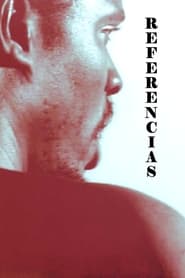 During a showing of rare AfroBrazilian...
During a showing of rare AfroBrazilian...Referências 2006
During a showing of rare Afro-Brazilian Cinema films at the Cinematheque of the Museum of Modern Art of Rio de Janeiro, actor/filmmaker Zózimo Bulbul gathered some of the most notorious Brazilian black directors to talk about their works, their lives and their perspectives on the future.
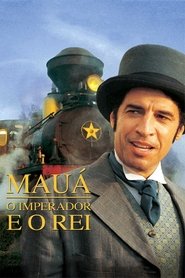 A movie about a Brazilian entrepreneur...
A movie about a Brazilian entrepreneur...Mauá - O Imperador e o Rei 1999
A movie about a Brazilian entrepreneur who rivalled American's richest man at his time, well-known Rockfeller. Irineu Evangelista de Souza in 1867 had $155.000 contos de reis, meanwhile the Brazilian Governement annual budget was 97.000 contos de reis. The movie shows his life from poverty to riches and back to poverty again, as is common in Brazil, rich people die poor.
 Fernando a journalist and his friend...
Fernando a journalist and his friend...Four Days in September 1997
Fernando, a journalist, and his friend César join terrorist group MR8 in order to fight Brazilian dictatorial regime during the late sixties. César, however, is wounded and captured during a bank hold up. Fernando then decides to kidnap the American ambassador in Brazil and ask for the release of fifteen political prisoners in exchange for his life.
 After an extended period directing original...
After an extended period directing original...The Third Bank of the River 1994
After an extended period directing original screenplays, dos Santos returned to the creative engagement with literature that was the wellspring of his early masterpieces, offering a combinatory adaptation of five stories by the renowned Brazilian novelist João Guimarães Rosa. Openly embracing a mode of magical realism, dos Santos' celebrated film tells the story of a farming family defined by the absence of its father who abruptly abandoned his wife and children, sailing away down the river, including his son who continues to communicate with his father, speaking daily to him from the river bank. While offering an evocative vision of rural Brazil as a timeless land of mystery and solemnity, The Third Bank of the River is also bitingly satiric in the remarkable depiction of religious belief when the family moves to the city and its youngest member, a mesmerizing little girl, is revealed to be a kind of saint, capable of miraculous acts. -Harvard Film Archive
 A rock singer goes to Brazil...
A rock singer goes to Brazil...Running Out of Luck 1987
A rock singer goes to Brazil to shoot a video, but winds up getting kidnapped and enduring a number of seemingly bizarre and hilarious events.
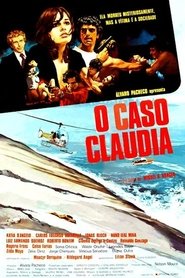 Based on the true events that...
Based on the true events that...The Claudia Case 1979
Based on the true events that took place in the 70s, in Rio de Janeiro. The body of beautiful girl Cláudia Lessin Rodrigues, actress Márcia Rodrigues's sister, was found in the seashore. After Police investigation, it was found she had been murdered on a party by a rich industrialist's son and his socialite hairdresser buddy, after much sex, alcohol and drugs, specially Mandrax (methaqualone). She'd probably resisted being raped and the killers threw away the body in the water. One of the guys tried to escape flying to Switzerland.
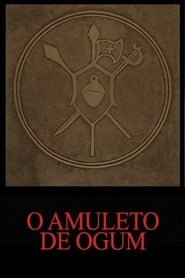 An ubiquitous folk singer narrates the...
An ubiquitous folk singer narrates the...The Amulet of Ogum 1974
An ubiquitous folk singer narrates the tale of a young boy, who apparently becomes immune to gunfire after his mother arranges for him to have an amulet bearing Ogum's blessings. As time goes by, he becomes a valuable member of a mobster's hit-team, but ends up joining a group of people who resist his original employers.
 Born a fully grown black man...
Born a fully grown black man...Macunaima 1969
Born a fully grown black man in a village in the Brazilian jungle, Macunaíma later magically transforms into a white man before making an adventure-filled trip to the city of São Paulo. Once there, he becomes something of a dandy, falling in love with Ci, a revolutionary who dies in an accidental bombing. After robbing a ruthless industrialist, Macunaima returns to his village where he finds his newly acquired knowledge and possessions of little use.
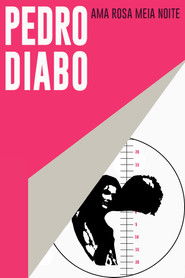 Unhappy with what hed got from...
Unhappy with what hed got from...Pedro Diabo Loves Rosa Meia Noite 1969
Unhappy with what he'd got from life, Pedro Diabo becomes a dread outlaw, whom the police is looking for. In his life of crime, he has the love and support of a strange woman, Rosa Meia-Noite, chorus girl who likes to wear rich costumes in Carnival Balls.
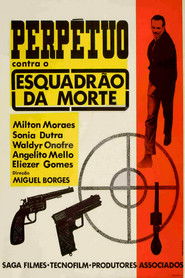 Inspired by the life of one...
Inspired by the life of one...Perpétuo Contra o Esquadrão da Morte 1967
Inspired by the life of one of the most famous policemen in the history of Brazil: detective Perpétuo de Freitas, immortalized in the annals of Brazilian criminal history for relentlessly pursuing and without the slightest assistance of the Rio police force one of the most wanted criminals in the country.
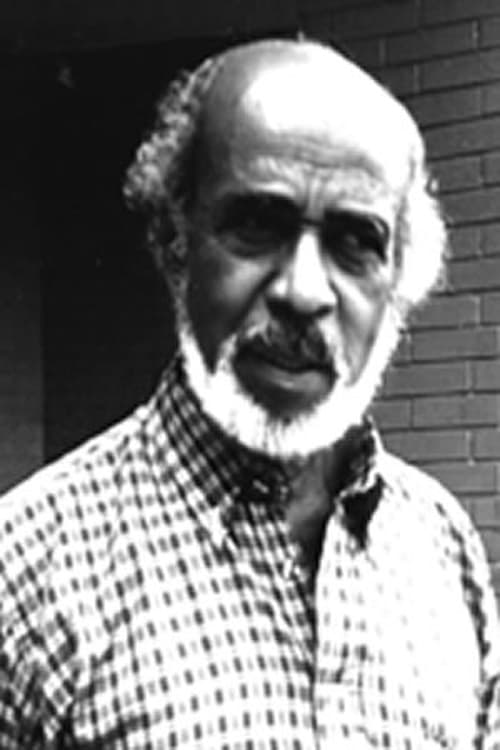
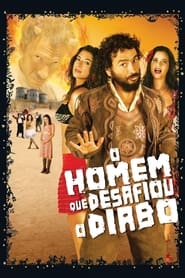 After being forced into a marriage...
After being forced into a marriage...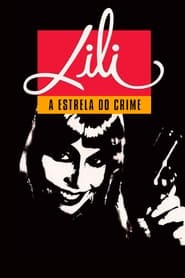 When her husband dies Elisa asks...
When her husband dies Elisa asks... The life of Brazilian actress Leila...
The life of Brazilian actress Leila... Solange is a recently married young...
Solange is a recently married young...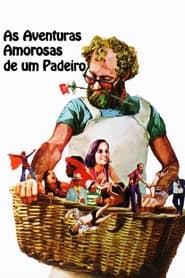 A newlywed woman frustrated after her...
A newlywed woman frustrated after her... After visiting a fortune teller Zulmira...
After visiting a fortune teller Zulmira...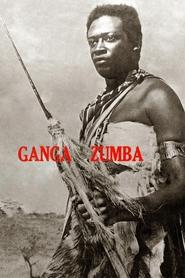 The life of a runaway slave...
The life of a runaway slave...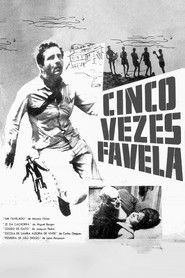 Five segments about the hardships faced...
Five segments about the hardships faced...